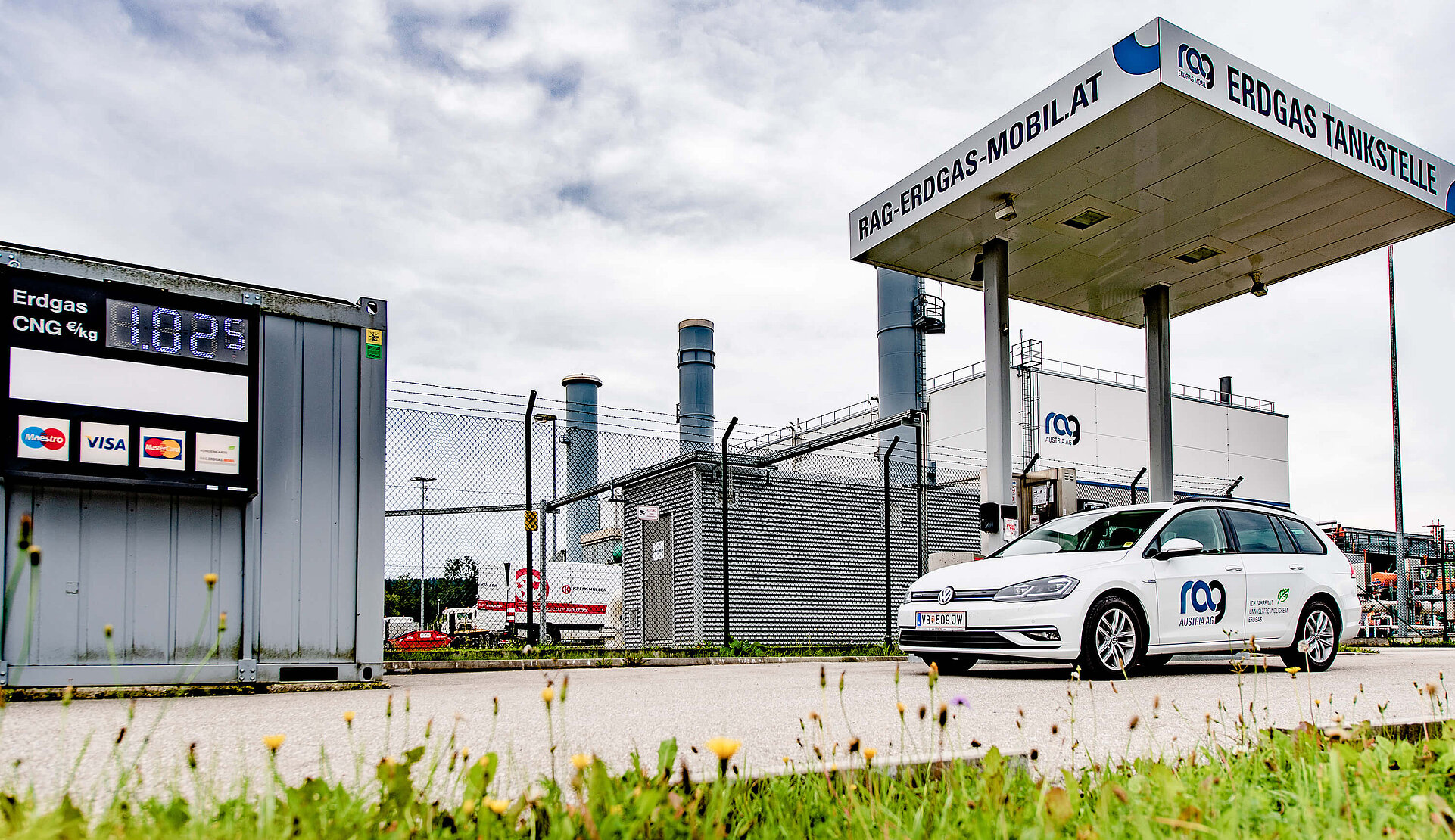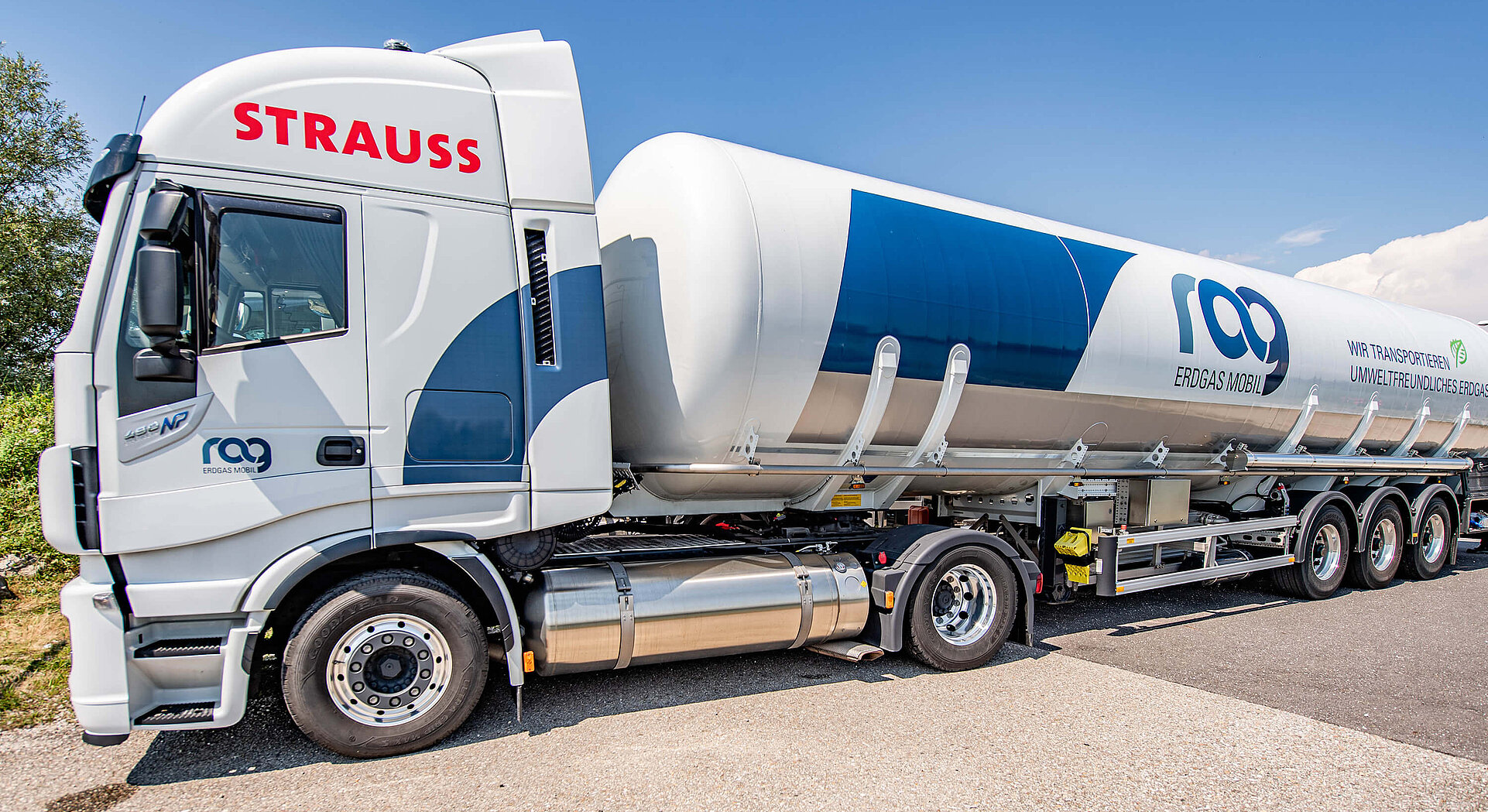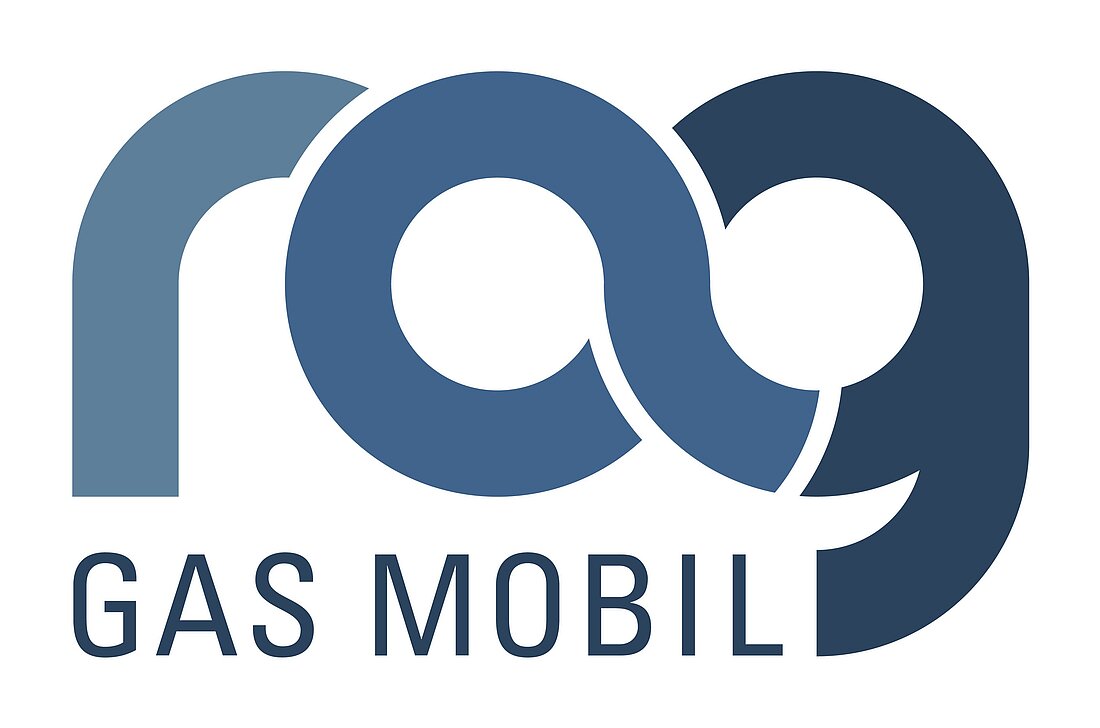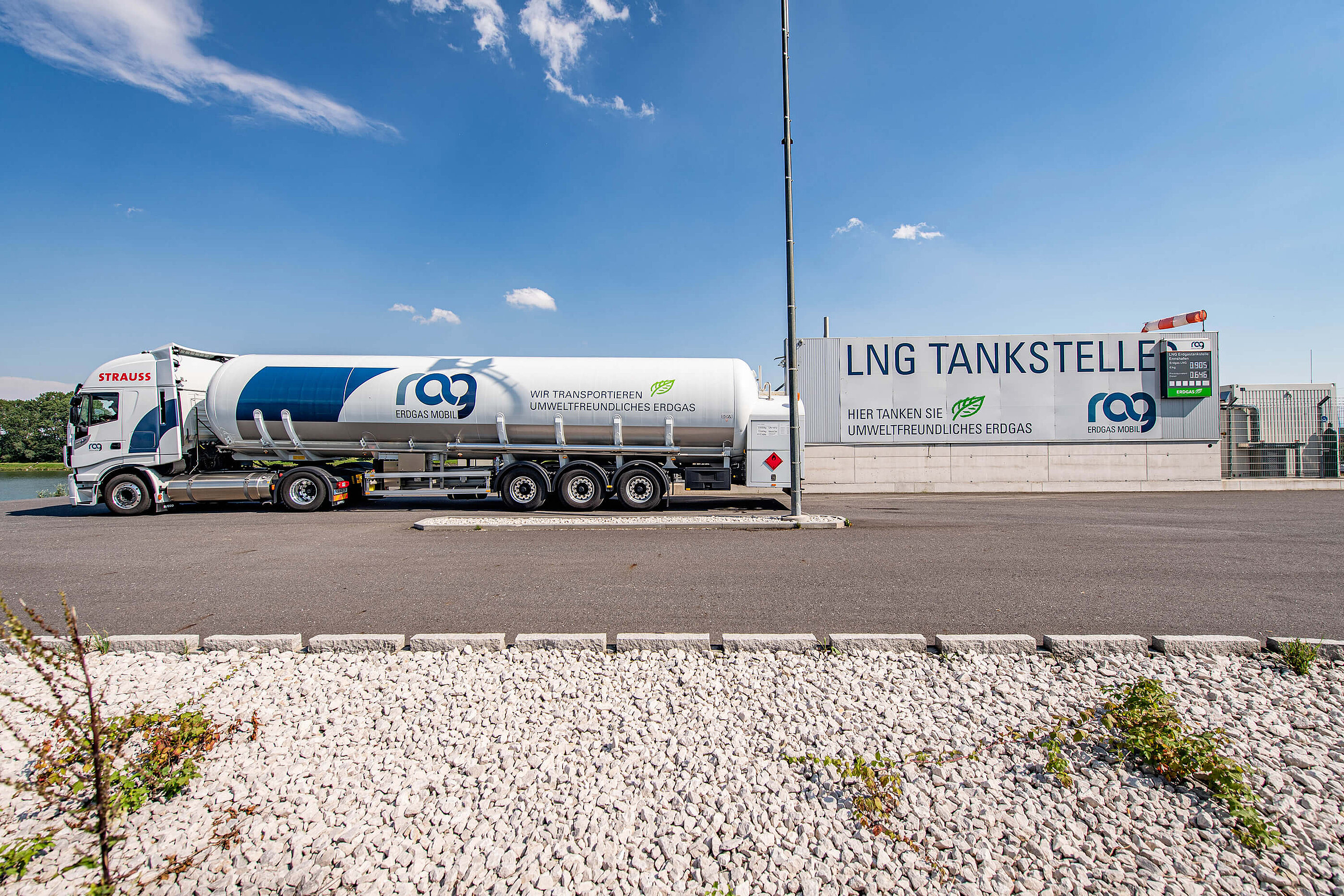Clean transport
Transportation and logistics are crucial to a functioning economy. But at a time of climate change it is equally essential for transport fuel to be low-emission, affordable and safe. Gas fits the bill on all counts. The use of gas is technologically advanced and can be economically and ecologically implemented immediately to significantly reduce pollutant emissions in road traffic. With a share of about 45% of all emissions, the transport sector as such, and heavy goods traffic in particular, could play an important part in achieving national and European climate goals.
Medium and long term forecasts predict growth in the volume of road traffic, especially heavy goods traffic. Especially in urban areas, air quality suffers from vehicle emissions. A raft of EU initiatives are therefore promoting greater use of natural gas and liquefied natural gas (LNG) as transport fuels.
The step from natural gas and bio-LNG to hydrogen is the next possible development step towards low-emission gas mobility.
 ©
©
The fuel of the future
The use of green gas as a fuel can make a major contribution to meeting ambitious climate targets. In the future, it will also be possible to use green transportation gas produced from renewable sources, in the form of Bio-CNG or Bio-LNG, in addition to conventional natural gas. RAG’s ongoing research and development activities are opening up new horizons.
The advantages are obvious:
- Lower CO2 emissions
- Little or no fine particulate emissions
- Greatly reduced noise pollution
 ©
©

RAG Gas Mobil
View Website ©
©
